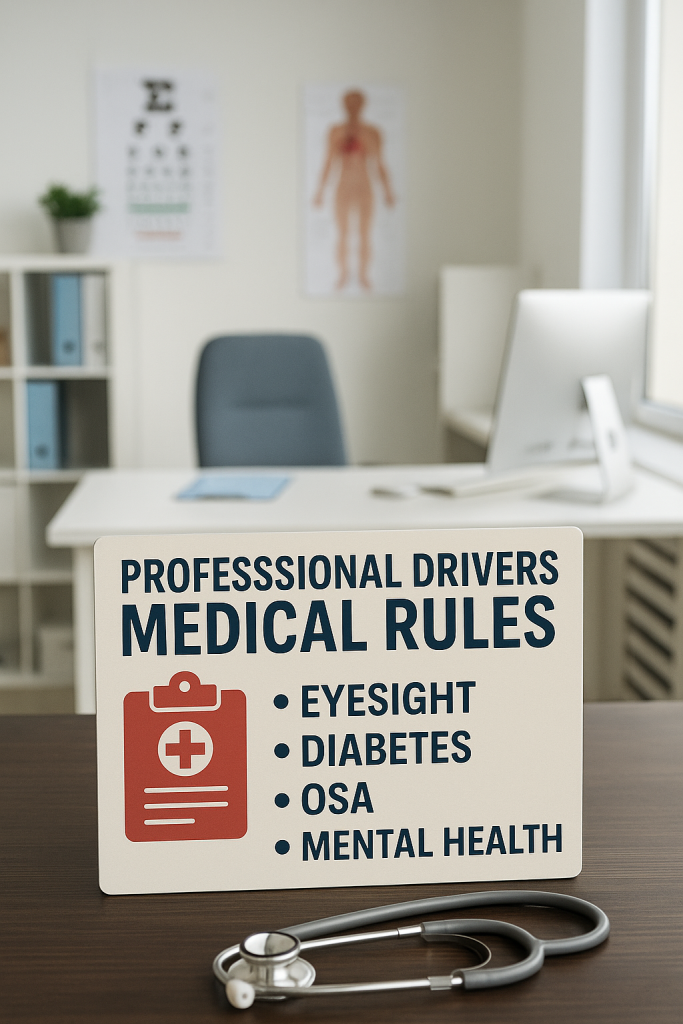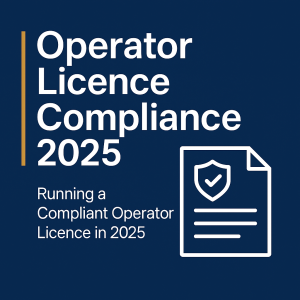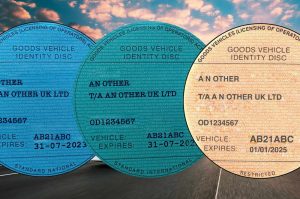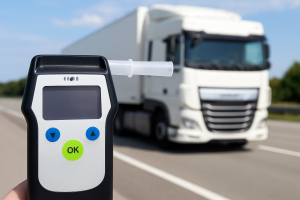DVLA Medical Rules for Professional Drivers: Eyesight, Diabetes, Mental Health, OSA & Medical Renewals
If you’re a professional driver in the UK, staying compliant with DVLA medical rules is essential. Whether it’s renewing your Group 2 licence, managing diabetes, or reporting conditions like sleep apnoea, failure to comply can result in fines, licence revocation, or even prosecution after an accident.
This guide breaks down the key Group 2 medical requirements for professional drivers, with the latest DVLA rules for 2025.
Medical Renewal Requirements for Group 2 Licence Holders
Group 2 (HGV/PCV) drivers must undergo regular medical assessments based on their age and licence issue date. The DVLA uses these intervals to ensure drivers remain physically and mentally fit to operate large vehicles safely.
| Age | When Licence Obtained | Medicals Required |
|---|---|---|
| Under 45 | Any time | No medicals until age 45 |
| 45–64 | Before or after 45 | Every 5 years |
| 65 and over | Any time | Annually |
The D4 medical form must be completed by a GP or private examiner and sent with your renewal. Tests include eyesight, blood pressure, medical history, and medications.
Drivers with notifiable conditions must also provide supporting evidence, which may affect licence duration.
Eyesight Rules for Professional Drivers
Group 2 drivers must meet stricter eyesight standards than standard car drivers. According to DVLA medical standards, you must:
- Be able to read a number plate from 20 metres (with glasses or contact lenses if necessary)
- Have visual acuity of at least 6/7.5 in the better eye and 6/60 in the other
- Maintain a horizontal visual field of at least 160 degrees
You must notify the DVLA if you are diagnosed with any condition that affects your vision, such as:
- Glaucoma or retinopathy
- Macular degeneration
- Double vision (diplopia)
- Loss of vision in one eye
Failure to report a visual impairment can result in prosecution if an accident occurs.
Diabetes and Driving for Professional Drivers
Professional drivers with diabetes must comply with strict rules depending on whether their condition is insulin-treated or not.
Insulin-Treated Diabetes
- Must notify DVLA using the INS1 or DIAB1 form
- Must use a glucose meter with memory or CGM device
- Must test blood glucose within 2 hours before driving and every 2 hours while driving
- Keep a minimum of 3 months of readings available for inspection
Driving is not allowed if glucose is under 4.0 mmol/L. You must stop driving immediately and treat the hypo.
Non-Insulin-Treated Diabetes
You must still notify the DVLA if:
- You experience severe hypoglycaemia requiring third-party assistance
- You develop diabetes-related eye conditions (e.g., retinopathy)
- Your doctor deems you medically unfit to drive
Mental Health Conditions and Group 2 Licences
DVLA must be informed of any mental health condition that could impair driving ability. This includes:
- Severe depression or anxiety
- Bipolar disorder
- Schizophrenia or psychosis
- PTSD and personality disorders
Conditions that affect judgement, focus, or reaction time must be reported. The DVLA may issue short-term licences, impose restrictions, or require further medical reports.
Obstructive Sleep Apnoea (OSA) and Professional Drivers
OSA is a serious but often undiagnosed condition causing interrupted breathing during sleep. It leads to fatigue, reduced concentration, and increased accident risk.
You must notify DVLA if:
- You are diagnosed with moderate or severe OSA with excessive daytime sleepiness
- Your sleep clinic advises you are unfit to drive
Driving may resume once effective treatment, like CPAP therapy, is established and confirmed by a specialist.
Warning signs include:
- Loud snoring and gasping during sleep
- Falling asleep during the day or while driving
- Persistent fatigue and poor concentration
View official DVLA guidance on OSA
Key DVLA Medical Forms for Professional Drivers
| Condition | Form |
|---|---|
| General Medical Renewal | D4 |
| Insulin-Treated Diabetes | INS1 / DIAB1 |
| Eyesight Problems | V1 / V4 |
| Mental Health / OSA | M1 |
Report a medical condition to DVLA
Professional Driver Medical Compliance Checklist
| Task | Frequency | Applies To |
|---|---|---|
| D4 Medical Exam | Every 5 years / Annually after 65 | All Group 2 drivers |
| Eyesight Test | Every 2 years (recommended) | All drivers |
| Blood Glucose Testing | Before & every 2 hrs while driving | Insulin-treated |
| CPAP Treatment Monitoring | Ongoing | OSA-diagnosed drivers |
| DVLA Notification | Immediately upon diagnosis/change | Any notifiable condition |
Final Word: Stay Safe, Stay Legal
DVLA medical rules for professional drivers are non-negotiable. They exist to protect you, your licence, and every road user. If you’re unsure whether a condition needs reporting—report it anyway. It’s better to declare than risk a fine, disqualification, or worse.
Need help staying compliant or managing your CPC hours? Contact our expert training team for up-to-date support and courses.








